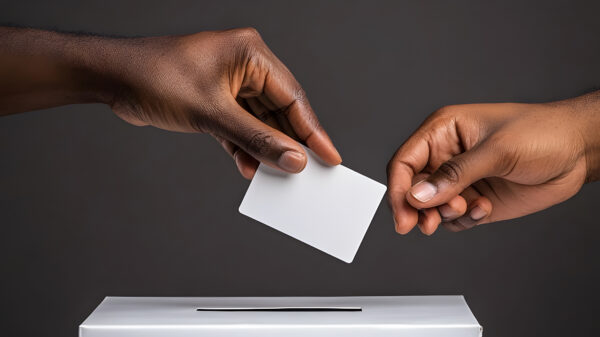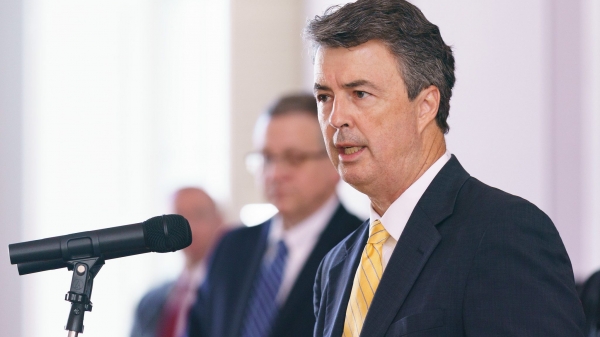When many Alabamians are released from jail, they assume they will never gain back their right to vote.
The Alabama Voting Rights Project held a press conference in Montgomery on Wednesday during which they highlighted the importance of ensuring voting rights for all Alabamians and recognized achievements across the state in voting rights restoration.
In 2017, the Definition of Moral Turpitude Act re-enfranchised thousands of Alabamians who were previously not allowed to vote due to past convictions. Previous standards excluded over 286,000 people from voting and specifically targeted Alabamians of color, with 15 percent of black Alabamians being unable to vote.
Since then, the Alabama Voting Rights Project has been working alongside the Southern Poverty Law Center and Campaign Legal Center to help people restore their right to vote.
“The passing of HB282 in 2017 may have restored rights to tens of thousands of people across the state, but many of them have no idea,” said Jason Barnes, outreach fellow for Alabama Voting Rights Project. “The Alabama Voting Rights Project has directly assisted 2,000 Alabamians in regaining the right to vote and visited over half the countries in the state, but there is still much more work to do to register every eligible voter.”
For many Alabamians, this has been a right they assumed they would never get back.
“I have seen firsthand lives being changed after voter registration forms are submitted, and it’s heartwarming and inspiring,” said Makhayla DesRosiers, Alabama State University NAACP political action chair representative.
Under the Definition of Moral Turpitude Act, those who have committed especially serious crimes, like murder and terrorism, are unable to vote. However, the act also includes some less harmful crimes, like several forms of theft, burglary and forgery.
“Even after the passing of the Moral Turpitude Act of 2017, my burglary charge blocks me from being able to vote, and that isn’t right,” said Timothy Lanier, an Alabama citizen. “I’ve paid my debt to society and given back to my community, and a mistake I made in my youth shouldn’t limit my ability as an adult to participate in my community’s decisions.”














































